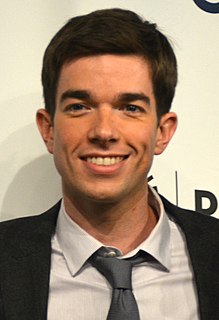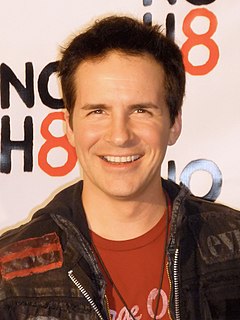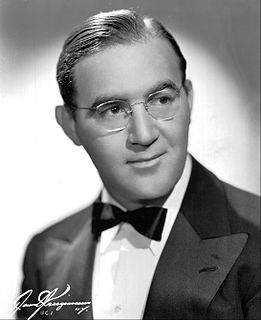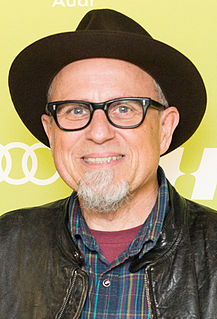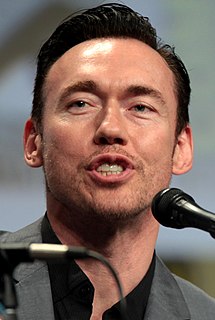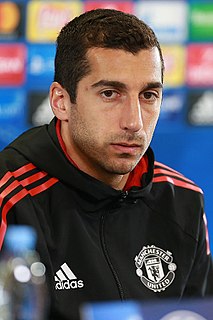A Quote by Robin Williams
Stand-up is the place where you can do things that you could never do in public. Once you step on stage you're licensed to do that. It's an understood relationship. You walk on stage - it's your job.
Related Quotes
I was new to acting on a stage in a narrative as opposed to acting on a stage as a stand-up. And like everything else it's just like comfort level. The first time I did stand-up I was at a place called the B3 in New York on Third and Avenue B and I not only didn't take the mic out of the stand, but I clutched the stand of the entire time.
I got on stage and I went, "Oh wow. No stage fright." I couldn't do public speaking, and I couldn't play the piano in front of people, but I could act. I found that being on stage, I felt, "This is home." I felt an immediate right thing, and the exchange between the audience and the actors on stage was so fulfilling. I just went, "That is the conversation I want to have."
Who I am on stage is very, very different to who I am in real life. But I don't see that having a sexy image when you are on stage means that you don't love God. No one knows what I'm really like from that. I like to walk around with bare feet and I don't like to comb my hair. I'm always so glammed up and so diva on stage and that's what they see. People don't understand that... No one knows my personal relationship with God and it's not up to me to prove that to anyone.
Performing onstage is all about reacting in a grand way. You're playing an arena of seventeen or eighteen thousand people and it's your job to make sure the person at the back feels as cool as the person all the way in the front. Being on stage is a bit of a façade. You get to walk out there and be the coolest version of yourself that you could possibly have imagined and then you come off stage and you're just like everyone else.
And from the first moment that I ever walked on stage in front of a darkened auditorium with a couple of hundred people sitting there, I was never afraid, I was never fearful, I didn't suffer from stage fright, because I felt so safe on that stage. I wasn't Patrick Stewart, I wasn't in the environment that frightened me, I was pretending to be someone else, and I liked the other people I pretended to be. So I felt nothing but security for being on stage. And I think that's what drew me to this strange job of playing make-believe.
As I ran for president, I hoped that one child would come out of the ghetto like I did, could look at me walk across the stage with governors and senators and know they didn't have to be a drug dealer, they didn't have to be a hoodlum, they didn't have to be a gangster. They could stand up from a broken home, on welfare, and they could run for president of the United States.

